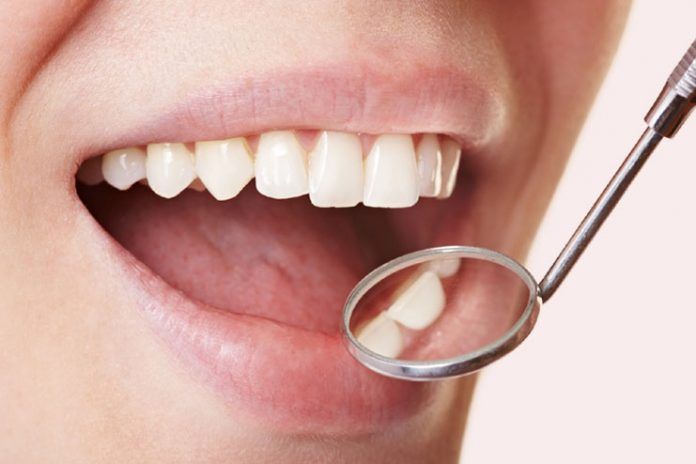Affiliate Disclaimer
Some links in this article are affiliate links. We may earn a small commission if you make a purchase through these links, at no extra cost to you. We only recommend products we find useful to our readersAre you struggling with plaque or tartar on your teeth? Don’t let it cause issues like swollen or bleeding gums, tooth pain, or other dental problems. Take action now by practicing simple home remedies to remove tartar and keep plaque at bay.
Read on to learn about the causes, prevention, and home remedies to treat plaque and tartar.
What Are Plaque and Tartar?
Plaque is a sticky, soft film of bacteria that builds up on the gums, teeth, tongue, dentures, dental fillings, and crowns.
When multiple layers of plaque mix with the minerals in saliva, they form a hardened, white, chalky, calcified substance called tartar. The bacteria responsible for tartar feed on sugars from the food we consume.
What Are the Causes of Tartar?
Improper brushing is the primary cause of plaque formation. When left unaddressed, plaque hardens into tartar. Major causes of tartar include:
- Improper oral hygiene
- Lack of professional dental care
- Poor food choices
- Incorrect brushing techniques
- Heredity
How to Identify Tartar?
Tartar appears as a white, chalky, calcified substance on the teeth and gums. It can cause gum bleeding and produce acids that break down tooth enamel, leading to dental cavities. Other symptoms of tartar include various gum (periodontal) problems caused by toxins produced by bacteria.
By addressing these causes and recognizing the signs, you can take effective steps to prevent and manage plaque and tartar, ensuring better oral health.
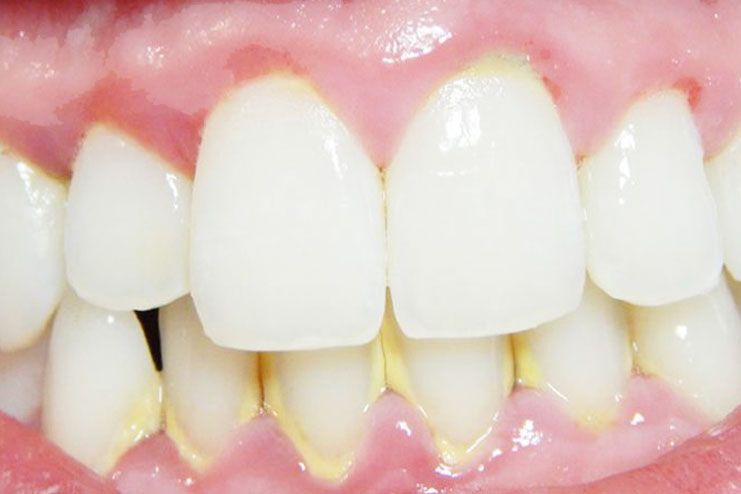
How to Prevent Tartar Buildup?
Proper dental hygiene is the key to preventing the buildup of plaque and tartar.
- Brush your teeth twice a day with good-quality toothpaste.
- Choose a toothbrush with soft, rounded, and polished bristles for gentle and effective cleaning.
- Hold your toothbrush at a 45-degree angle against the gum line for optimal brushing technique.
- Don’t neglect your tongue—brush it to prevent plaque buildup.
- Use dental floss regularly to clean between teeth and along the gum line.
By following these steps, you can maintain healthy teeth and gums while keeping plaque and tartar at bay.
Natural Remedies to Remove Tartar and Plaque
Regular dental hygiene and natural remedies can help remove plaque and tartar. However, once tartar has mineralized on your teeth, it becomes difficult to remove without professional care. Consistent plaque removal is essential to prevent permanent tooth decay.
Here are ten of the best natural home remedies to remove plaque and tartar from teeth:
1. Oil Pulling

Oil pulling is an excellent practice for oral health and effectively helps manage oral plaque (R). The lauric acid in extra virgin coconut oil provides antimicrobial and anti-inflammatory benefits, making it the best choice for oil pulling. Warm sesame oil is also a great alternative.
How to Use:
- Take one tablespoon of extra virgin coconut oil into your mouth.
- Swish the oil around for 15 to 20 minutes.
- Do not swallow or gargle the oil.
- Spit out the oil after 20 minutes and brush your teeth as usual.
- Repeat this practice every morning before brushing your teeth.
If you’re new to oil pulling, you can begin with 5 minutes and gradually increase the time. Additionally, massaging your gums with the oil can further enhance oral health benefits.
2. Baking Soda
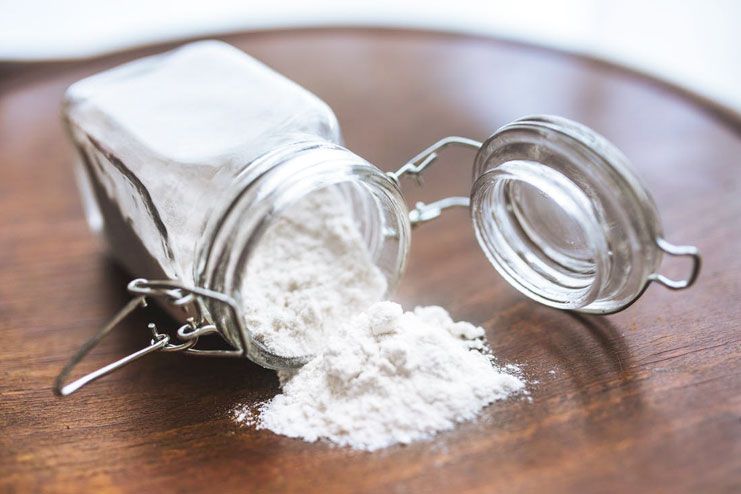 Sodium bicarbonate, or baking soda, is an effective home remedy for removing plaque (R) as it neutralizes acids in the mouth. This not only helps eliminate harmful bacteria but also whitens your teeth.
Sodium bicarbonate, or baking soda, is an effective home remedy for removing plaque (R) as it neutralizes acids in the mouth. This not only helps eliminate harmful bacteria but also whitens your teeth.
According to a 2008 study published in The Journal of Clinical Dentistry, baking soda paste or powder is more effective in removing plaque (R) than non-baking soda products.
How to Use:
- Apply a small amount of baking soda to your toothbrush bristles, brush as usual, and rinse your mouth thoroughly after brushing.
- Alternatively, dip your dampened toothbrush in a mixture of 2 teaspoons of baking soda and one teaspoon of salt. Brush gently with the powder.
- Another option is to make a paste using one teaspoon of baking soda and hydrogen peroxide. Brush your teeth with this paste and rinse thoroughly afterward.
Caution:
Avoid using excessive baking soda, as it may damage your tooth enamel.
3. Aloe Vera
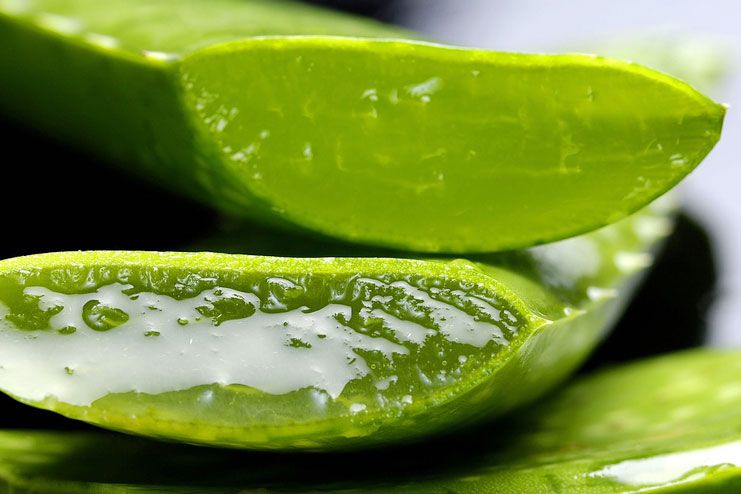 Aloe vera offers numerous benefits, including the ability to treat plaque and gum diseases (R). This natural antimicrobial product can effectively kill bacteria that cause plaque and also combat bad breath.
Aloe vera offers numerous benefits, including the ability to treat plaque and gum diseases (R). This natural antimicrobial product can effectively kill bacteria that cause plaque and also combat bad breath.
According to a study (R), aloe vera affects gingivitis and plaque comparable to those of chlorhexidine mouthwash, a benchmark control.
How to Use:
- Extract aloe vera pulp by cutting open fresh leaves.
- Rub the pulp directly onto your gum line and teeth.
- Leave it on for 10 minutes, then rinse with cold water.
- Repeat this process twice a day for optimal results.
4. Guava
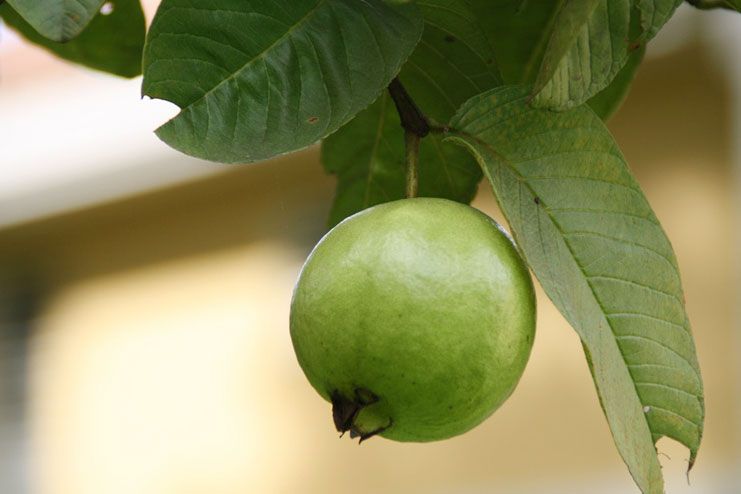 Guava leaves and fruits act as natural anti-plaque agents (R), helping to remove plaque from the gums and teeth. Their analgesic and anti-inflammatory properties also reduce pain and swelling in the gums.
Guava leaves and fruits act as natural anti-plaque agents (R), helping to remove plaque from the gums and teeth. Their analgesic and anti-inflammatory properties also reduce pain and swelling in the gums.
How to Use:
- Pluck and wash tender guava leaves, chew them thoroughly, and spit them out. Repeat daily.
- Alternatively, rinse your mouth with guava leaf extract.
- Take unripe guava pieces, sprinkle them with salt, and chew well.
5. Cloves
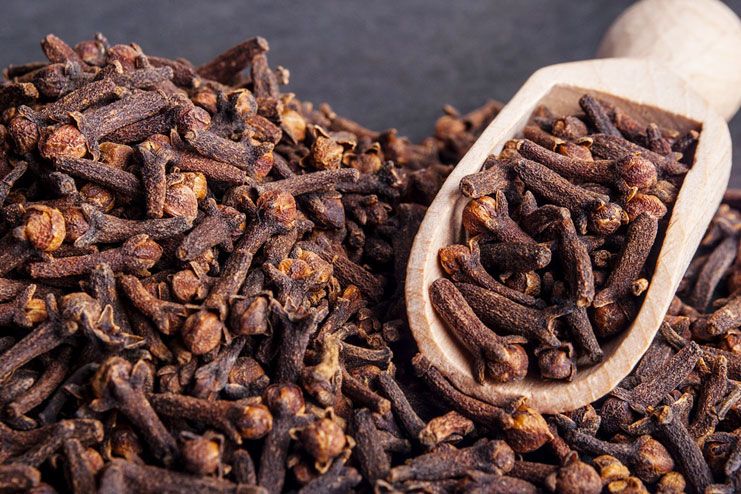
Ground cloves are highly effective in relieving toothaches and fighting microbes in the mouth, thereby preventing plaque buildup.
According to a study, herbal mouth rinses containing ingredients like basil, clove, and tea tree oil significantly reduce microbial growth in the mouth (R). This makes clove an excellent anti-gingivitis and anti-plaque agent.
How to Use:
- Mix powdered cloves with olive oil and apply the mixture to your teeth. Wait for a few minutes before rinsing off with lukewarm water. Repeat twice daily.
- Chewing two cloves regularly can improve oral health and reduce bad breath.
6. White Vinegar
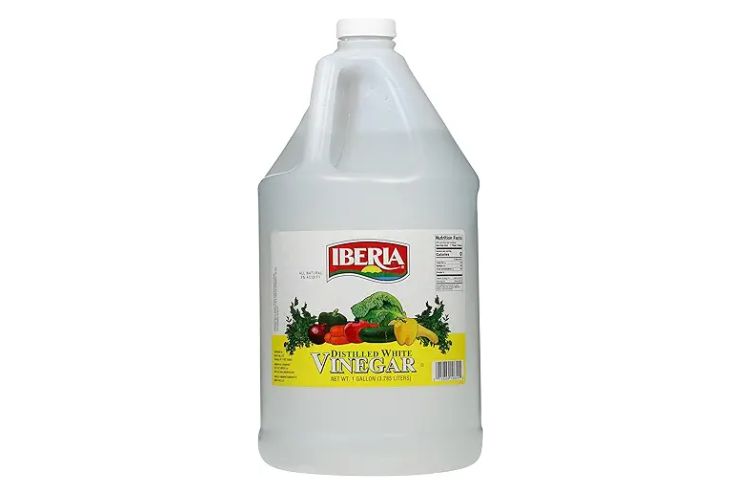
The acetic acid in white vinegar helps prevent enamel demineralization and reduces plaque formation. According to a study, vinegar demonstrated a significant ability to dissolve plaque dextran compared to glycerin and distilled water (R). Use vinegar sparingly and rinse well with water as acetic acid may cause enamel damage.
To minimize potential enamel damage, it’s best to use vinegar sparingly and rinse with water afterward.
How to Use:
- Mix one teaspoon of salt and two teaspoons of white vinegar into ½ cup of warm water.
- Rinse your mouth with this mixture twice a day.
7. Orange Peel
 Orange peel helps fight microbes in the mouth (R) and acts as a natural way to whiten tartar-stained teeth.
Orange peel helps fight microbes in the mouth (R) and acts as a natural way to whiten tartar-stained teeth.
How to Use:
- Take small pieces of orange peel and rub them directly on your teeth for about 3 minutes.
- Rinse your mouth with clean water. Repeat this process twice a week.
- Alternatively, apply orange peel paste to your teeth for 1-2 minutes and then rinse it off with water.
8. Fruits and Vegetables

Munching on fruits and vegetables like musk melon, apple, carrot, or celery sticks is an excellent way to maintain good oral health. Not only does it help remove plaque and tartar, but it also strengthens gums.
How to Use:
Chewing these fruits or vegetables about an hour after meals can naturally clean your teeth.
Conclusion
To maintain proper oral health, brush your teeth thoroughly twice a day. Many dentists recommend using an electric toothbrush, as it is more effective at removing tartar and keeping teeth clean. Additionally, use tartar control toothpaste, which contains chemical ingredients like zinc citrate, pyrophosphates, and fluoride, to help eliminate plaque and tartar.
Remember, prevention is always better than cure. Schedule regular dental check-ups and practice daily flossing to maintain oral hygiene. Neglecting oral care can quickly lead to tartar buildup, increasing the risk of other oral diseases. Stay proactive in your oral care routine to keep your teeth and gums healthy.
-
Jan 2018Written by Sumana Maheswari
-
Feb 2025Edited by Lakshmi Gayatri
In this Article















